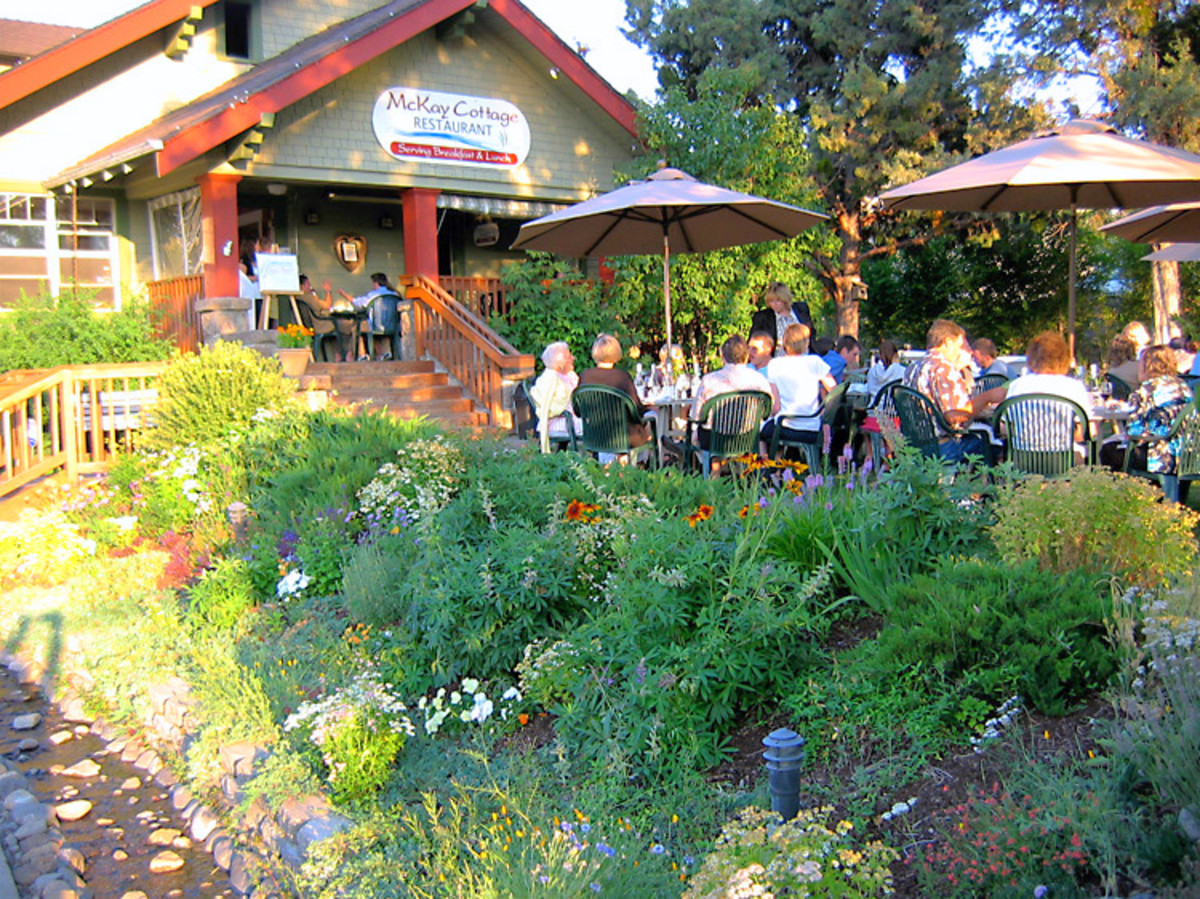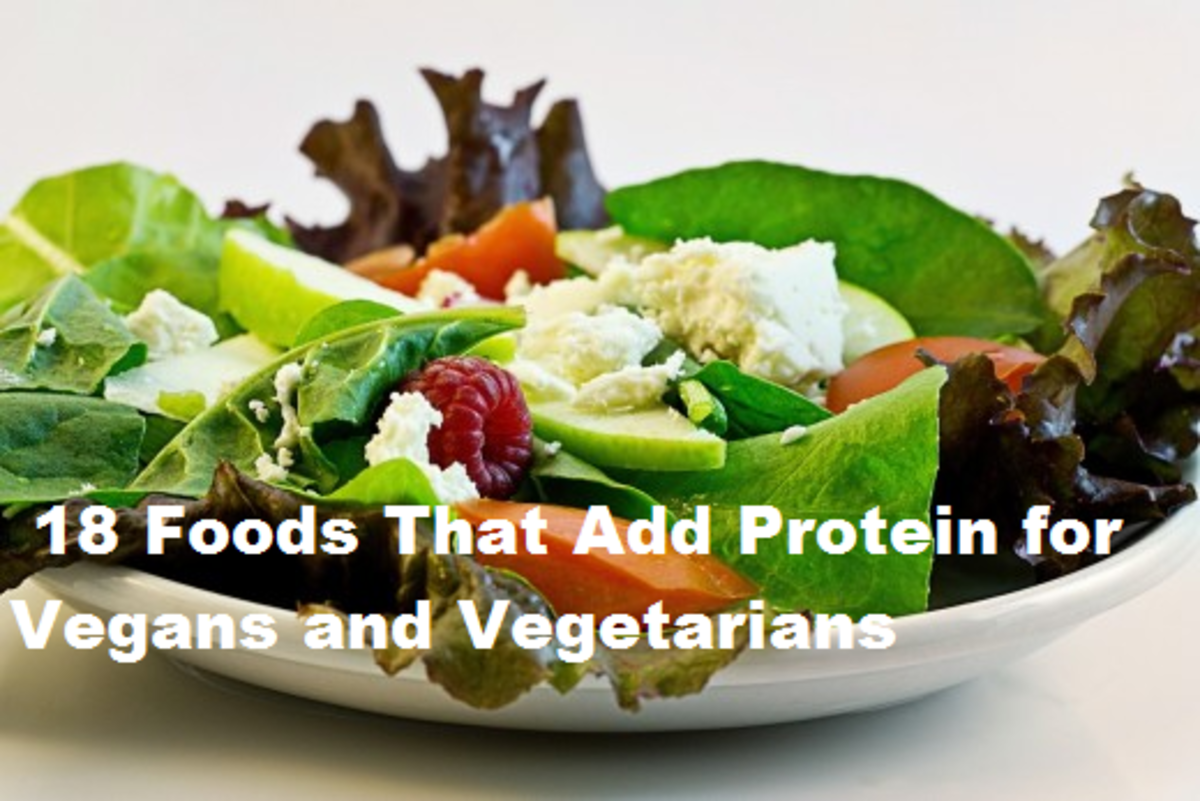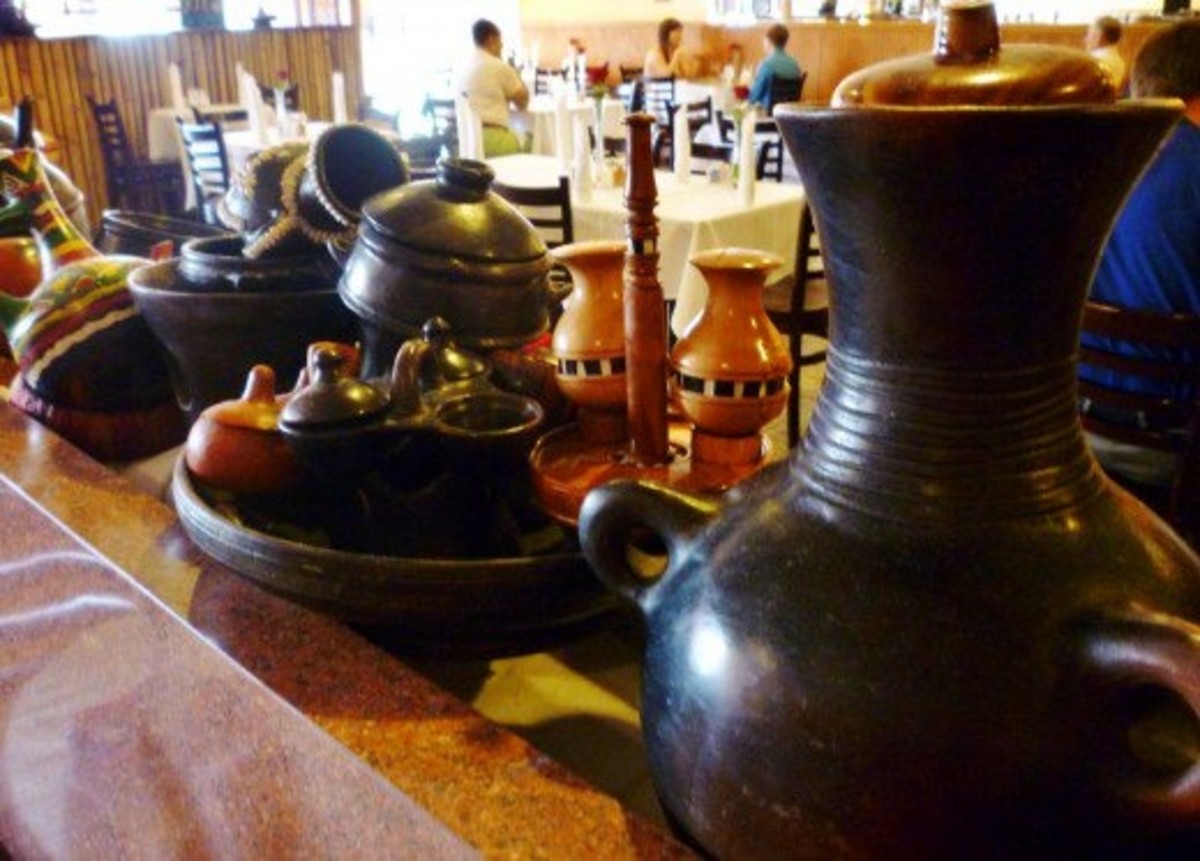Vegan Korea: Tips for Finding Vegan Friendly Restaurants in Seoul and Beyond
Finding vegan food in Korea can be tricky, but there are lots of tasty options if you know where to look. As a frequent visitor to South Korea, I've experienced the frustration of trying to find vegan meals in a country where nearly all dishes contain some kind of meat. Here are some tips for those who don't have time to prepare their own food and would like to find some vegan-friendly options while traveling in South Korea.
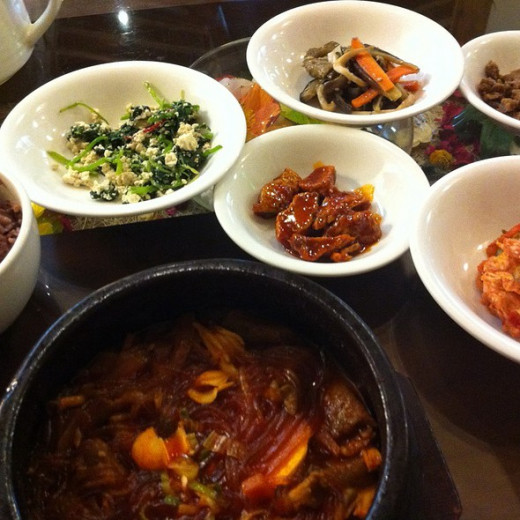
Vegan and Vegetarian Restaurants in Korea
There is a growing number of vegan and vegetarian restaurants in South Korea, mostly in Seoul. Your starting point should be the web site Happy Cow, which lists thousands of veg-friendly restaurants all over the world, with over 80 in South Korea. The site includes detailed restaurant information, user reviews, maps, and directions. Here are a few highlights:
- New Start Restaurant - My personal favorite is New Start Restaurant in Seoul, a 100% vegan buffet restaurant with tasty items including vegetables, tofu, potatoes, yams, pasta, breads, and traditional Korean foods such as kimbap (sushi) and jeon (a pancake-like dish). They also have a small health food nook where you can buy vegan snacks for your stay in Korea. One item they sell is cereal, so if you want a simple breakfast to prepare at your hotel or apartment, just add soy milk from your local supermarket. They also carry soy ice cream, so it’s the perfect place to go if you’re craving a chocolate treat.
- Loving Hut Chain - Another good option is Loving Hut, an international vegan chain with about thirty locations in South Korea. Though part of a chain, each location’s menu varies from one to another, so it’s fun to try different locations to see which ones you like the most. You can use the English version of their web site for menus and addresses for each location. Most of the Loving Huts seem to have a small grocery nook, so this is also a good place to stock up on some snacks to carry with you during your trip.
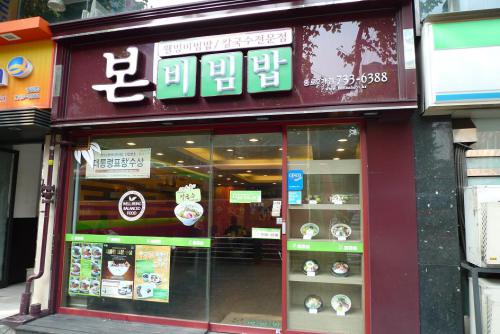
Veg-Friendly Restaurant Chains
There are also restaurant chains throughout South Korea that have vegan options on their menus.
- Bonjuk - The Bonjuk franchise specializes in healthy Korean cuisine. Bonjuk serves juk, a kind of Korean porridge usually made from rice. Bon Bibimbap serves bibimbap, which consists of vegetables on rice in a bowl. Bibimbap usually contains meat and egg, but Bon Bibmbap has a vegan version. (I haven’t yet checked whether Bon Guksu, the third restaurant in the franchise, has a vegan options. Bon Guksu specializes in traditional noodle soups, so I suspect their broths will contain beef.) The Bonjuk and Bon Bibimbap menus have pictures and some English, so you'll be able to figure out which dishes don't have meat even if you can't read Korean. You can ask them to omit eggs from any dish.
- Seven Springs - A somewhat pricey option is the Seven Springs chain, whose buffet runs $15-25 U.S. dollars per person. The buffet/salad bar offers a variety of meatless choices such as raw and grilled vegetables, yams, fruits, and nuts. They also have a station where you can make your own bibimbap—vegan style, of course! This is a great place to go with Korean friends because you can easily select your own vegan options without having to make much fuss about it.
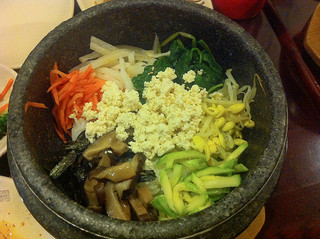
Traditional Korean Foods
If all else fails, there are traditional Korean dishes that can often be prepared vegan or vegetarian upon request. Here are a few you'll find almost everywhere in Korea:
- Bibimbap - vegetables, eggs, and meat over rice in a bowl; bibimbap restaurants usually have a vegetable-only option; just be sure to ask them to omit the egg. Look for 산채(san chae) bibimbap, or “mountain vegetable” bibimbap, which I’ve always seen meatless. At other places, you might find something like 두부 (dubu/tofu) or 야채 (yachae/vegetable) bibimbap.
- Kimbap - similar to sushi; kimbap places often let you choose your own ingredients; just make sure you order without meat, fish, or eggs.
- Japchae - sweet potato noodles, vegetables, and meat; sometimes you can find vegetarian japchae or have it made without meat upon request.
If you keep exploring, you'll probably discover other options as well. Try not to get too frustrated if people in Korea don’t always understand the rules of a vegan diet. Keep a positive attitude, and you’ll find that most Koreans will try to help you out the best they can. With patience and a little planning, even the strictest of vegans can find something tasty to eat in South Korea.


